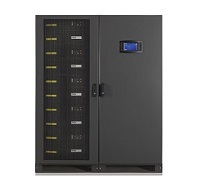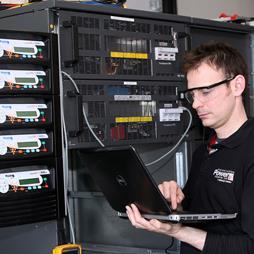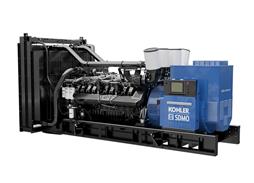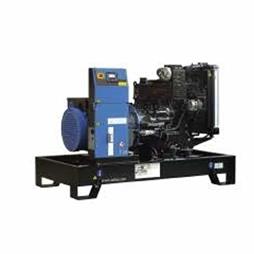Scaling transformerless UPS technology to meet large-scale data centre power demands
14-10-2014
Visit the Kohler Uninterruptible Power website for more information on Scaling transformerless UPS technology to meet large-scale data centre power demands






